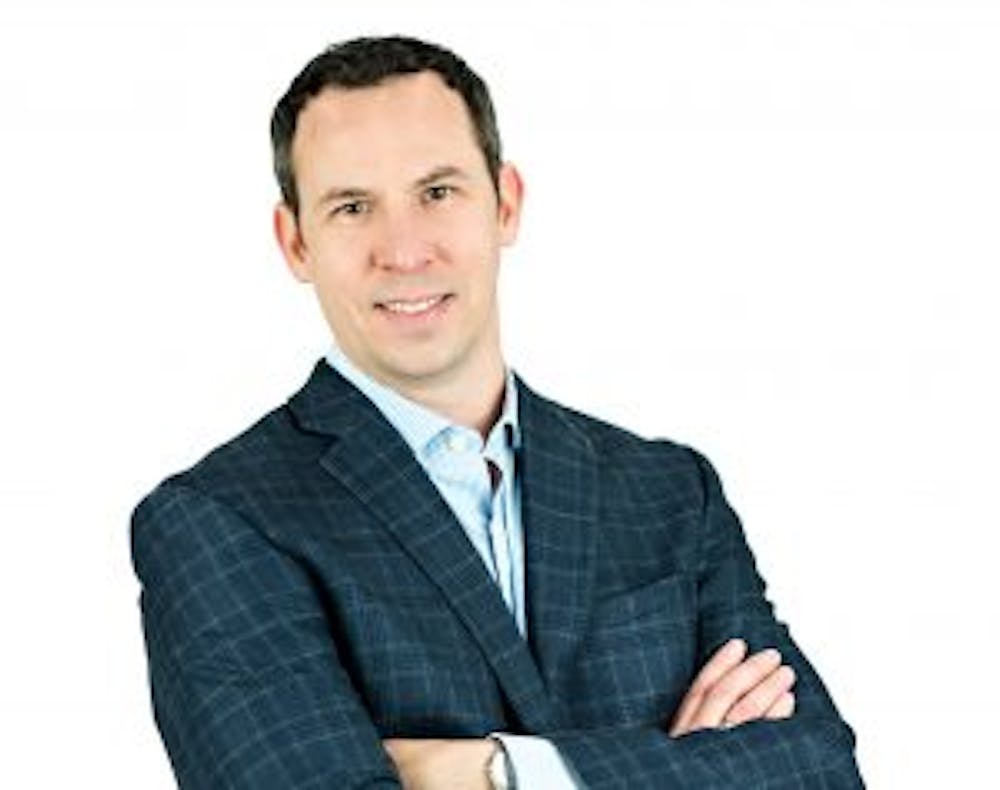Keith Payne, a professor in the Department of Psychology and Neuroscience, spoke to staff writer Marine Elia about his research on the psychology of inequality featured in a recent The New Yorker article. Since his childhood, he has been observant of wealth gaps between himself and others around him.
The Daily Tar Heel: I’m just going to jump right in, what was your childhood like?
Keith Payne: My childhood, well, I grew up in a rural area in Western Kentucky and, I don’t know, I don’t have a lot to compare it to. When you’re a child you don’t realize — I always knew we didn’t have much money, it wasn’t until I got a little bit older, maybe late grade school, and I realized that we had a lot less than other people. That’s just sort of a cliche that we were, you know, poor but we didn’t know it. I think it’s very difficult past a certain age for a child to be poor because sooner or later that inequality becomes very salient to kids.
DTH: What were the different types of inequality that you would witness on a daily basis?
KP: Well one thing that I would witness were physical sort of possessions: clothing and accessories and things like that differentiated the kids in my school that were the haves from the have-nots. And in my context, that also seemed to go along with accents. A lot of us poorer kids seemed to have our parents' southern drawls and richer kids seemed to have lost their accents or not have accents. As far as the clothing and things like that go, looking back it’s surprising because I went to Catholic School and we all wore school uniforms. The intent of uniforms is to minimize sorts of different clothing but kids who wear uniforms find ways to express their individuality whether it’s jewelry or brightly colored socks or whatever the case may be and somehow even with the uniforms, the socioeconomic differences across kids shined through.
DTH: How did your past influence you, if at all, for your profession to be a psychologist and then after a professor?
KP: You know that’s hard for me to answer because I can only tell you in retrospect because I never made any decisions to become a psychologist or to become a social psychologist consciously based on my background, other than the fact that I think every teenager, or adolescent comes to realize at some point that a lot of the adults around them are hypocritical in a lot of ways. Adolescents are usually very sensitive to hypocrisy. That was certainly the case for me and I became fascinated by the distinctions between what people would say explicitly and in terms of professing fairness and equality — important values — and yet at the same time they would behave in ways that would be fairly prejudiced and biased and so that distinction between what people say and what people do was always fascinating to me and that ended up leading me to study implicit bias, which is about the ways that people can unintentionally discriminate even if they intend to be fair or if they profess to be fair.
DTH: Could you give an example of the kind of hypocrisy that you witness?
KP: So, growing up, I would witness the adults around me, family members, that would on the one hand lecture us children to be polite and treat everybody with kindness, and respect and a moment later they would tell an off-color joke or use racial epithets or various kinds of off-hand casual racism. And so those are the kinds of ordinary, everyday hypocrisies that entered my attention.



